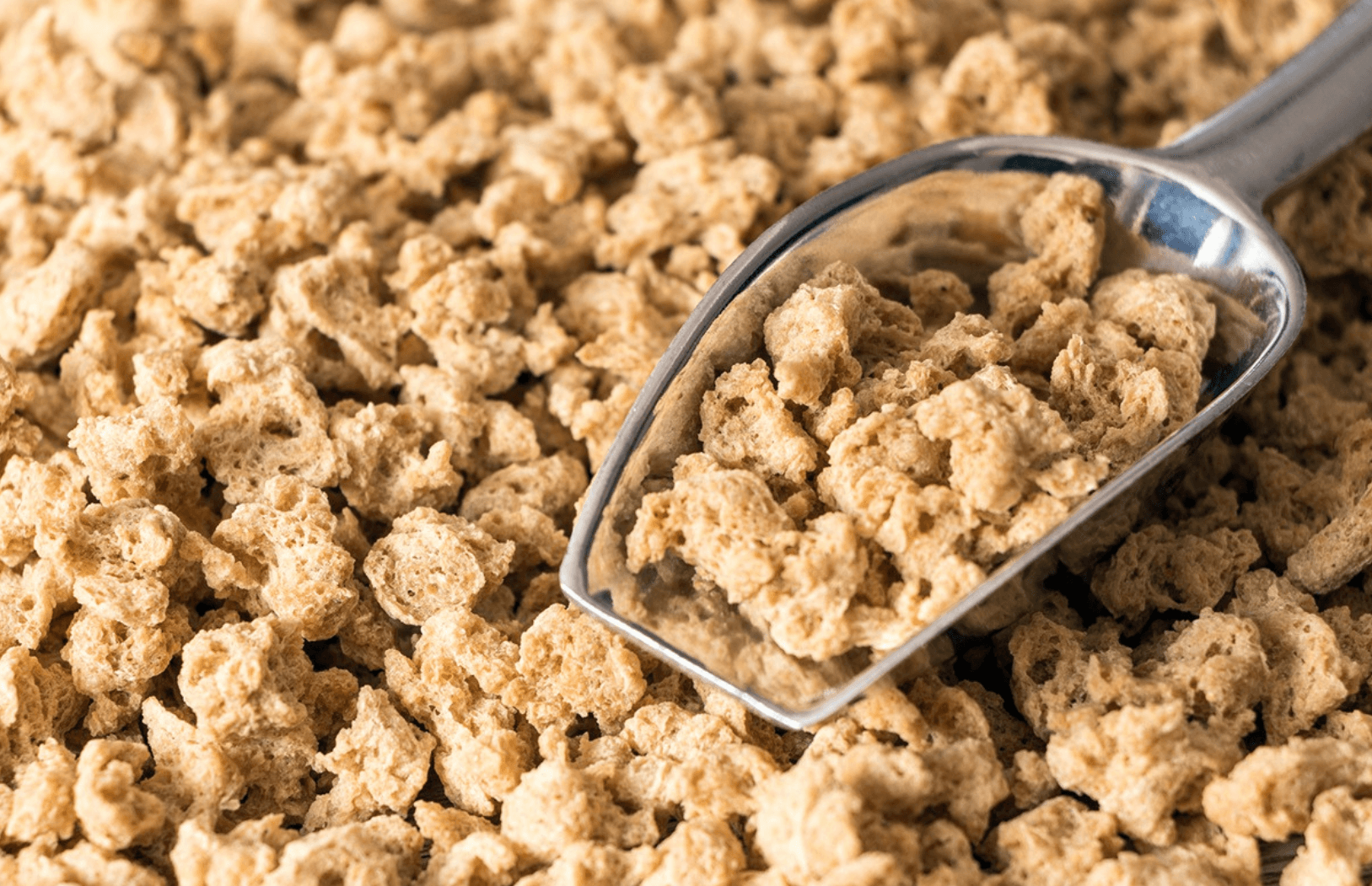REIMAGINING SURGERY IN INDIA: SKEW AND OPPORTUNITY
The incredibly large shortfall of surgeons in India across surgical domains, from obstetrics to cardiology, is a well-known fact. Erudite surgeon practitioners, have publicly shared their concerns about the enormous gaps in India’s surgical workforce. The deficit is staggering, running into several hundred thousand.
This dismal scenario forms the backdrop against which we must correct the skew in surgical training within Ayurveda education at both the undergraduate (UG) and postgraduate (PG) levels. Readers should first know that at the PG level, an Ayurveda student can earn an MS (Master of Surgery) degree. Unfortunately, this qualification is labelled as MS (Ayurveda).
The history of medicine reveals that Ayurveda has a glorious track record in surgery. The first text on Knowledge and skills of surgery is the Sushruta Samhita, written around 1500 BCE. The literature describes surgical tools and complex procedures including cranial surgery and more recently plastic surgery. Surgery spread from India to the rest of the world. However, this history is no reason to promote a full-fledged 3-year Ayurveda postgraduate (PG) surgical training program in the 21st century, that is largely cut off from mainstream practices innovated in the last two centuries.
Of course, in the extant Ayurveda knowledge system, there are specific concepts, theories, and practical methods that are relevant to contemporary global surgical practice. Such elements need to be revalidated and incorporated into mainstream surgery. For example, it is long overdue to introduce into global surgical care the simple, elegant and safe use of cotton thread of a particular thickness, coated with antibiotic herbs and copper needles for treating anal fistulas. Diet and specific panchkarmas in pre and post-surgery are used to improve tolerance, recovery and even avoid surgery in simpler inflammatory conditions related to ENT, gynaecology and obstetrics. In Orthopaedics, Ayurveda’s practices of flexible bandaging techniques, non-invasive management of clubfoot, and protocol for correction of physiological imbalances inevitably associated with broken bones and fractures, deserve attention because research publications reveal that such imbalances when unaddressed lead to persistent, unexplained pain long after broken bones are healed, particularly in the spinal region. The Ayurvedic management of non-healing ulcers, tumours, serious diabetic wounds, also warrants integration. Likewise, deep Ayurvedic insights into strategies for context-specific pain management could complement generalized anaesthesia in surgical protocols. These are some examples of immediate opportunities for research and innovation in surgical care.
However notwithstanding, these opportunities to make novel contribution to the world of surgery an isolated, incomplete program of surgical training in Ayurveda should have no place in medical practice. Students of culture are aware that it is not unusual for several forms of knowledge, such as is the case with surgery, to decline even in their place of origin. However, in a country like India that is woefully short of surgeons, it is entirely unjustified and unethical on the part of National regulatory councils, policy makers and academia to support sub optimal surgical training.
Even Sushruta, the “Father of Surgery,” as far back as 1500 BCE, advocated the study of diverse, prevalent medical practices across cultures. He wisely advised that “any knowledge system in isolation cannot progress; there should be a continuous crosstalk and incorporation of beneficial thoughts for the healthy growth of a knowledge community.”
It is heartening to see that in enlightened scientific institutions like the Indian Institute of Science (IISc) and the Tata Institute of Fundamental Research (TIFR), the traditional divide between Eastern and Western knowledge is breaking down. Emerging fields like Ayurveda-Biology and integrative clinical healthcare are beginning to be appreciated.
Midcourse correction to bring up to global standards surgery in Ayurveda institutions is a complex nation building task. It requires direction from the highest levels of government to create a ‘strategy group’ with members drawn from advanced centres of surgery in both academic and clinical institutions of excellence, in both the government and private sectors, to design an operational roadmap. We will miss today the presence of great visionaries like M.S. Valiathan and K. Kasturirangan, who could have chaired such a strategy group.
The community of global surgeons can help repay their historical debt to Ayurveda by restoration in clinical establishment, the highest standards of infrastructure, human resources and training.
Author : Shri. Darshan Shankar, Vice Chancellor, TDU
Heritage Amruth issue: Surgery and Ayurveda: https://www.greenhealer.net/product-page/heritage-amruth-surgery-and-ayurveda
International Environmental Education Day (January 26)
Jan 23, 2026
On International Environmental Education Day (January 26), we are reminded of a powerful truth: The future of our planet depends on what and how we teach today.
Read more
TDU VC Darshan Shankar pays tribute to Prof. Madhav Gadgil
Jan 9, 2026
Read more
Rethinking Periods: When Did Rest Become Restriction ?
Jan 8, 2026
Menstruation is one of the most natural processes of the female human body, yet it remains one of the most misunderstood. Across cultures-especially in India-it has been surrounded by silence, shame, and countless restrictions.
Read more
When a Baby Cries, the Body Speaks – Learning to Understand Your Child’s Silent Language
Jan 8, 2026
Children are often called a gift from God. When a baby is born, it feels like receiving a blessing
Read more
Plant Imperialists : The destructive case of Lantana camara
Jan 8, 2026
British gardening enthusiasts brought Lantana camara, a shrubby plant with spectacular inflorescence, to Kolkata around the 1800s. Surely, they enjoyed having colourful flowers around them and hoped to feel less homesick while they mass-occupied Indian land
Read more
Are Mock Meats Just a Modern Fad ?
Jan 8, 2026
“Mock meats” or meat analogues are often dismissed as a bizarre trend by many and countless memes have spawned from the internet’s apparent disdain for mock meats and their consumers.
Read more









